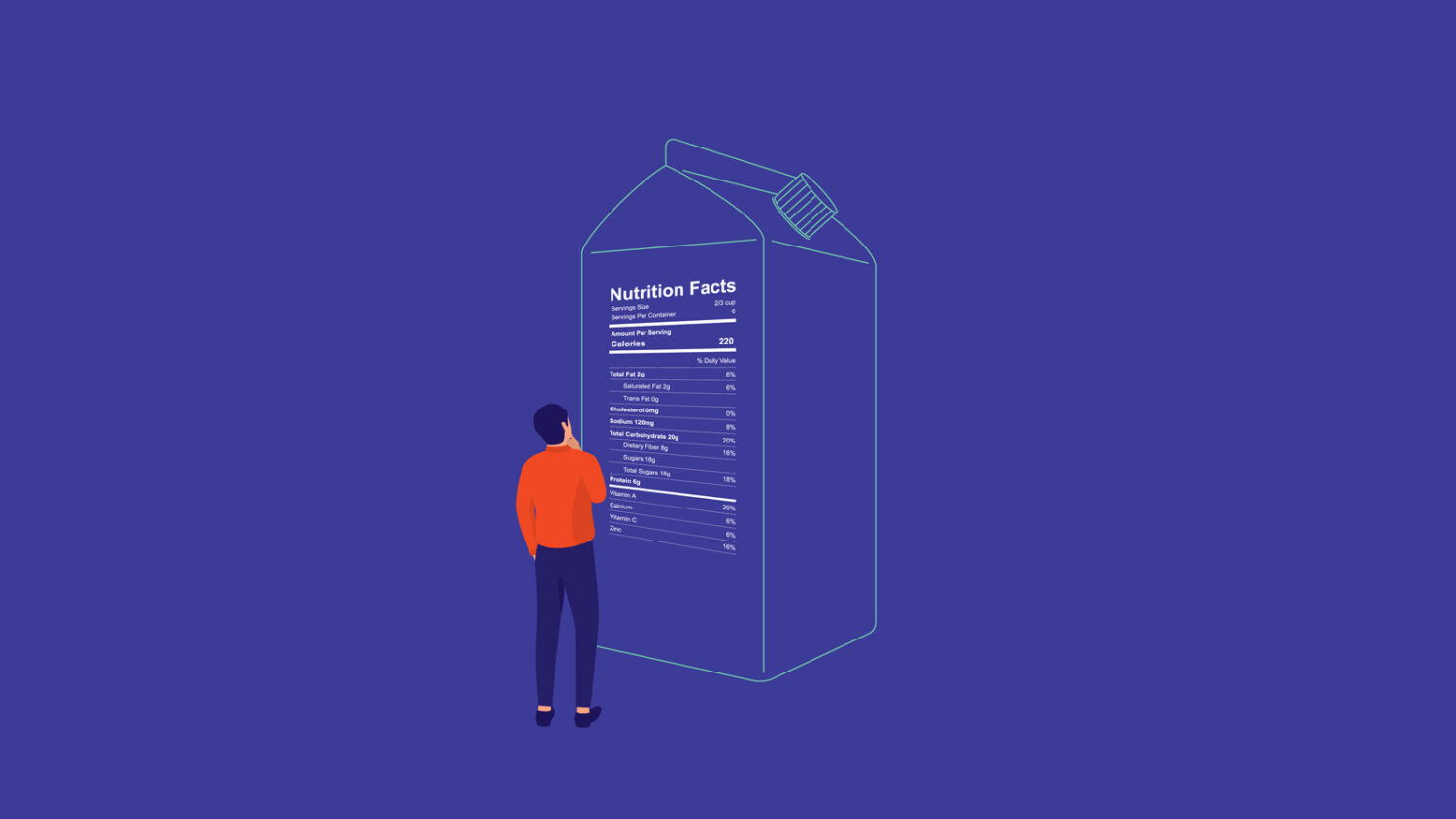
Professor and Dean Emeritus Edward Schneider
When it comes to eating for health and longevity, it can be tough to sort nutrition facts from fiction. Professor Edward Schneider of the USC Leonard Davis School of Gerontology addressed myths and shared helpful tips for how older adults can improve their nutrition in a recent webinar hosted by Belmont Village Senior Living.
Some highlights:
1. Toss the multivitamin supplements
Huge numbers of seniors are taking multivitamins, but may not know if and why their ingredients are beneficial to their health. They generally contain iron, copper (which most people do not need), and vitamin A in the form of retinol when it should be consumed in the form of beta carotene. Multivitamins contain half or less of the amount needed of vitamin D. The bottom line: they’re not particularly effective and don’t contain the right mix, Schneider said.
2. Does supplemental calcium or vitamin D help prevent hip fractures?
While calcium does increase bone mass, calcium has never been shown to reduce the risk of fractures. Vitamin D does assist calcium absorption, but supplemental calcium can increase the risk of heart disease in seniors. Vitamin D deficiency is the most common pervasive type of vitamin deficiency amongst Americans, but not everyone needs it as a supplement, Schneider explained. However, seniors living above the 40th parallel in the northern U.S. states and seniors who don’t go outside often may need to take a vitamin D supplement containing the recommended dose of 1000 milligrams.
3. Vitamins: yes or no?
It’s been shown that vitamin D and C do not affect heart disease or improve one’s longevity. Numerous observational studies indicate that consumption of fatty fish is related to decreased cardiovascular risk, which can be achieved just by eating fish. Supplemental antioxidants are generally not needed for the majority of the population, Schneider said,
4. The egg
The jury is still out on eggs. The phytochemicals lutein and zeaxanthin that are found in egg can act as beneficial antioxidants for the eyes. Eggs do contain cholesterol, but healthy people generally don’t have problems related to their daily egg intake. Overall, studies of eggs have not shown to cause harm or benefit to one’s health, Schneider explained. However, eggs are often eaten with products like bacon, sausage, cheese, hash browns, and butter, which can be detrimental to health if consumed frequently.
5. Red wine
The skin of the red wine grape contains a protective antioxidant, resveratrol. Scientific studies have revealed that resveratrol increases the lifespan of yeast, worms, fruit flies, short-lived fish, and mice, but the dose of resveratrol required to achieve these results in mice is the equivalent of humans drinking 50 bottles of red wine a day to achieve the same effect. In a long-term observational study of over 300,000 participants, results found a decreased risk of death in light or moderate red wine drinkers, and a significantly increased risk in heavy drinkers in comparison to those who were abstainers. One glass of red wine with dinner should be totally fine, Schneider said.
6. Caffeine, coffee & tea
Coffee has many antioxidants. Coffee is known for containing caffeine, which can improve cognitive function and enhance long-term physical performance. However, most of these beverages’ health benefits are unrelated to their caffeine content. Coffee lowers the risk for stroke, Type 2 diabetes, Parkinson’s disease, colon and prostate cancer, gallstones, cirrhosis, and, possibly, Alzheimer’s disease. Conversely, coffee also increases the risk of having high blood pressure, blood sugar, LDL cholesterol, frequent trips to the bathroom, insomnia, teeth staining, jitteriness, and paroxysmal atrial fibrillation. These problems are associated with caffeine, thus making decaffeinated coffee a great solution. It should be clarified that green tea and black tea are made from the same leaf – the difference being that black tea is just oxidized green tea, so they basically contain the same ingredients. They have similar types of antioxidants as well. Consuming tea reduces blood levels of LDL cholesterol, blood pressure, blood sugar, the risk of strokes, and the risk of Parkinson’s disease and increases bone mass, Schneider said.
7. Eight glasses of fluid per day? Really?
For years, people have been saying that the average individual living in a temperate climate should drink eight glasses of fluid per day. However, the Institute of Medicine guideline for water intake (2004) does not recommend a specific amount of water to consume daily, but instead states that Americans get enough fluids just by using thirst as their guide. Aging adults should hold off on drinking fluids before going to bed, Schneider advised.
8. Chocoholics unite!
Chocolate has been shown to help cardiovascular health. Chocolate contain the powerful antioxidant flavonoid epicatechin as well as nitric oxide, which dilates the blood vessels and reduces the risk of heart attacks. Chocolate also improves insulin sensitivity, reduces the risk for diabetes, reduces blood pressure, and inhibits the aggregation of platelets (blood components that can aggregate to form clots), so chocolate prevents clot formation. Schneider said his health food is for no diabetic adults to eat at least one cluster of dark chocolate-covered almonds daily, possibly two as nuts also contain unsaturated fats and lower LDL cholesterol.
9. BMI and aging
For those 55 and younger, keep your BMI below 25.0. For those 55 and older who do not have hypertension, diabetes, or significant heart disease, a BMI of 25.0 to 26.9 carries little risk and may increase longevity, Schneider added. A BMI of 27.0 and above carries significant risks at all ages.
10. Is there a magic diet?
Schneider, who has investigated all kinds of diets, such as the Atkins diet, the keto diet, and the Mediterranean diet, mentioned that there’s no scientific evidence that any diet will significantly increase longevity or improve health. However, he added that he does recommend the Mediterranean diet, which is characterized by lots of fiber, vegetables, fish, low intake of saturated fats like meat, and includes wine (in moderation) as a healthy and beneficial choice.
11. Quality of life
As older adults age, many of them are concerned about whether they can still eat foods that are generally deemed “unhealthy,” like fried chicken. Schneider said that it’s important to keep in mind the quality of life for aging adults. If the individual knows the risk, their happiness is ultimately the most important. If that person is enjoying fried chicken and not going to enjoy a piece of chicken that’s unsalted and unseasoned because it’s healthier for them, then let them eat fried chicken.
Schneider, who is emeritus dean of the USC Leonard Davis School, noted the importance of the emerging field of personalized nutrition as technology progresses and allows individuals to better understand their body’s own needs and responses.
“Our knowledge base of nutrition today is a tiny fraction of what we’ll eventually know — we know so little,” Schneider said.





